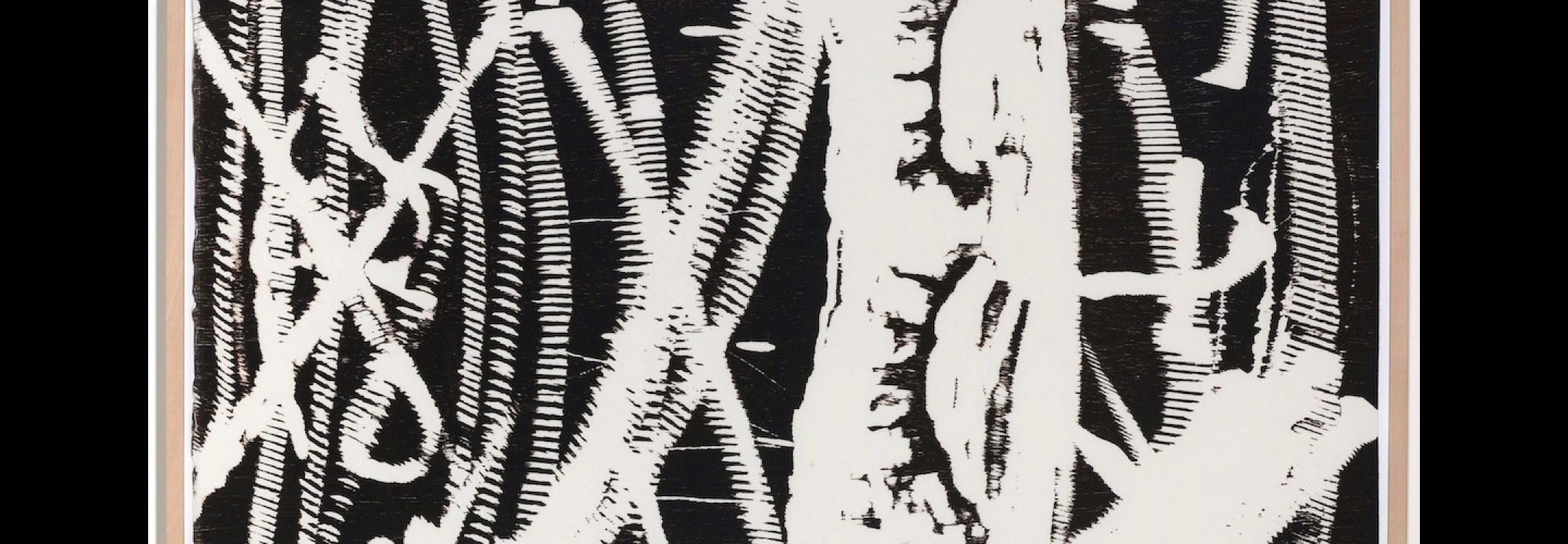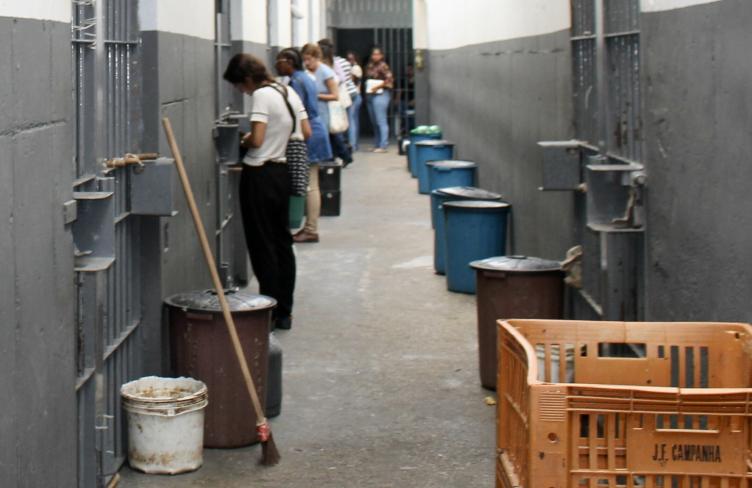
Author: Marcos Faleiros da Silva
In 2015, the Federal Supreme Court established that judges and Brazilian tribunals must – in accordance with articles 9.3 of the International Covenant on Civil and Political Rights and 7.5 of the American Convention on Human Rights – conduct custody hearings in order to enable the appearance of an individual deprived of liberty before a judicial authority within a maximum of 24 hours from the moment of arrest. This is particularly important given the precarious incarceration situation in Brazil: an excess in incarceration without any corresponding reduction in crime.
According to the Brazilian Supreme Court, the “current framework of massive and persistent violations of fundamental rights, arising from structural flaws and failures of public policies and whose modifications depend on comprehensive legislative, administrative and budgetary reforms, merit a characterization of the national penitentiary system as an ‘unconstitutional state of affairs'".
Pursuant to data from the National Penitentiary Department, in 2019 the Brazilian prison population reached the impressive mark of 758,676, granting Brazil the sad distinction of being among the countries with the highest rates of incarceration worldwide. In absolute numbers of incarcerated persons, Brazil has already reached the rank of third in the world. It is important to highlight that in 1990, 90,000 individuals were deprived of liberty. The Brazilian prison population, therefore, suffered an absurd 840% increase in 29 years.
Despite the extraordinary increase in individuals deprived of liberty, there has been no reduction in criminality. Quite the opposite, in fact. This rapid growth in incarceration has led to the proliferation of criminal factions – or gangs – within penitentiaries. These factions have taken advantage of the chaos in prisons and have come to use these facilities as headquarters as well as sources for recruitment. We cite, as an example, the “PCC” – First Capital Command – which has quickly become one of the biggest criminal organizations in South America.
Given this context, answering the call by the Supreme Court Minister Ricardo Lewandowski, and joining the national movement for decarceration, we conducted the first custody hearing in the city of Cuiabá, Mato Grosso State, on July 24th, 2015.
Up to December 31, 2019, 15,044 detainees were presented in front of a Criminal Judge in Cuiabá for such hearings, resulting in immediate release (58% of cases), notification of cases of torture (12.5% of cases) and referrals for further assistance (28.4% of cases) – i.e., drug treatment, job placement, or education.
We have identified that custody hearings have significantly contributed to a positive evolution of us as a society as well as to the further incorporation of international legal norms into Brazilian judicial order. Additionally, we have detected, empirically, various findings, including:
- Direct and immediate contact between the Judge and the person under arrest increased the judicial authority’s ability to make an informed judgement, based on the oral information that is presented.
- There was both an increase and a greater authority in the protection of the physical and psychological integrity of the incarcerated person. Interviewing the person in custody provides the judge with elements to better grasp instances of torture or institutional violence, as well as to better put into effect measures aimed at documenting and further investigating evidence of torture, based on the guidelines issued by the National Council of Justice, and the Istanbul Protocol.
- The improved identification of other serious violations of fundamental rights (i.e., the use of handcuffs and ankle shackles; keeping civil prisoners in military quarters; placing together in the same cell prisoners of different genders or adolescents with adults; keeping prisoners in vehicles or in metal shipping containers).
- The interruption of criminal careers and the potential decrease in recidivism: those 58% of detainees that were released (i.e. 8,726 individuals), were not affected by the harmful social and psychological effects of being put into the prison system and the risks of being recruited by a criminal faction.
The basis of this experiment and the official numbers demonstrate the success of the custody hearing project in Brazil and, in particular, in Cuiabá. The low rate of prisoner re-entry (only 16%), validated the view that the preservation of human rights and respect towards international treaties are, indeed, compatible with public safety.
Fortunately, the famous paradox between liberty and safety advanced by Zygmunt Bauman does not exist or apply here. The implementation of custody hearings generated a stronger safeguarding of individual liberties, especially as it relates to torture prevention and protection of human dignity; while at the same time, society experienced an important decrease in criminality rates.
Following the implementation of custody hearings there was not an increase in criminality. Much to the contrary. What was observed was a decline in the rates of the main felonies in Cuiabá and in Brazil.
Let us take as an example the crimes of violent death and vehicle robberies. According to the Brazilian Forum on Public Safety, in 2014 the city of Cuiabá had a rate of 45.5 crimes with violent intentional deaths per 100,000 habitants (including homicides, and robbery followed by death). From 2015 on, the first year of implementation for the custody hearings project, the numbers began to drop, reaching in 2017 a level below 20.6 deaths per 100,000 habitants, with a 54.5% decrease. We also noticed a significant decline in crimes of vehicle robbery and burglary at a noteworthy rate of approximately 35.4%.
We must also highlight that according to official reports, the number of arrests also decreased in the city of Cuiabá. The average of custody hearings conducted per month in Cuiabá declined by 20.4%.
Therefore, the impact of custody hearings on public safety was extremely positive. The conclusion is that, having custody hearings in place is compatible with public safety. Furthermore – and it is important to emphasize this aspect – there is a tendency, as preliminarily observed, for custody hearings to contribute to a decrease in criminality rates. Of course, there is a need for further studies to be developed on this subject.
After analysis of the Brazilian system over the years, it is easy to conclude that more pre-trial detention, more intolerance, more police officers, more judges and more severe sentences, will have but one result: more prisoners. This will not necessarily lead to a reduction in criminality given that crime has innumerable root causes. Furthermore, the excess of prisons can bring about more criminal careers generating yet more crimes.
It is important to consider that there is still much work to do in changing the mindset of criminal justice actors, especially with regards to criminal magistrates.
It is paramount that criminal court judges be sensitive like doctors, with a life dedicated entirely to the vulnerable and the poorest. The doctor and the criminal court judge must employ the best means and procedures to diagnose the problem and apply the best treatment for each case. Both must make use of the mechanisms available to heal and cure the sick, and treat society and those most vulnerable in the best way possible. In the same way that a doctor cannot treat all illnesses with only one type of pill, judges should not safeguard society only by detaining people, and in this sense satisfying the whims of a public opinion whose view of prison is as a cure-all for all evils. Only in this way will the sick be treated with care and those individuals in conflict with the law be judged with justice.
To read the full article in English with data graphics and additional information, click here.
Photo credit: Vivare, Secretariat of Justice and Human Rights (Sejudh) of Mato Grosso.
Marcos Faleiros da Silvia is a judge and coordinator of custody hearings in Cuiabá, in the State of Mato Grosso, Brazil.


